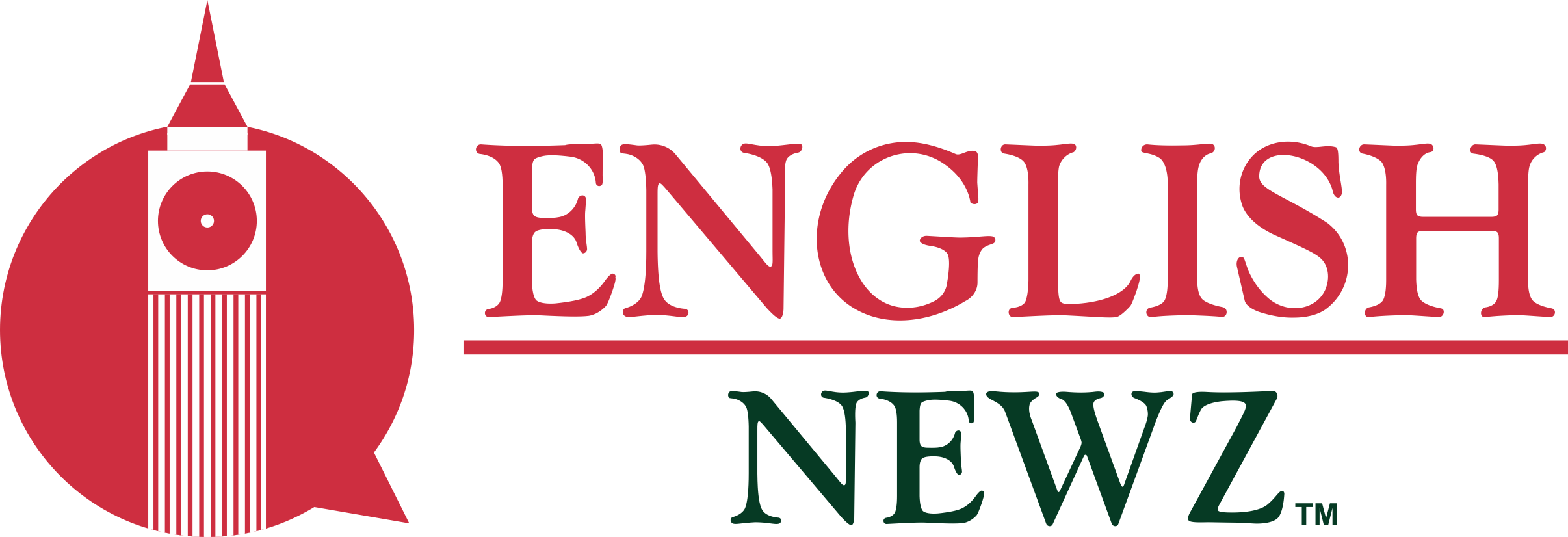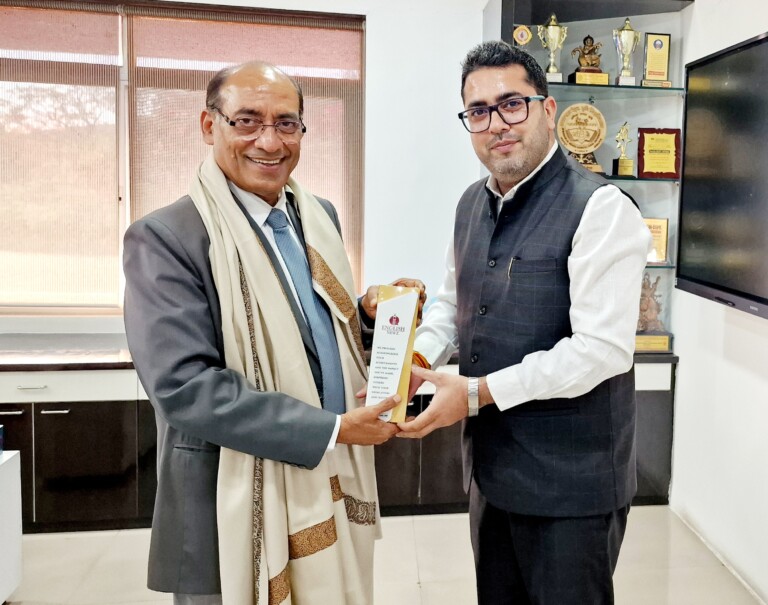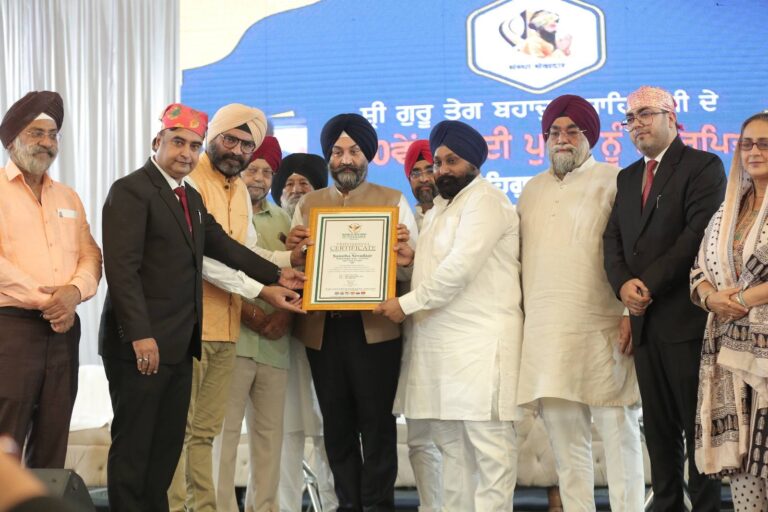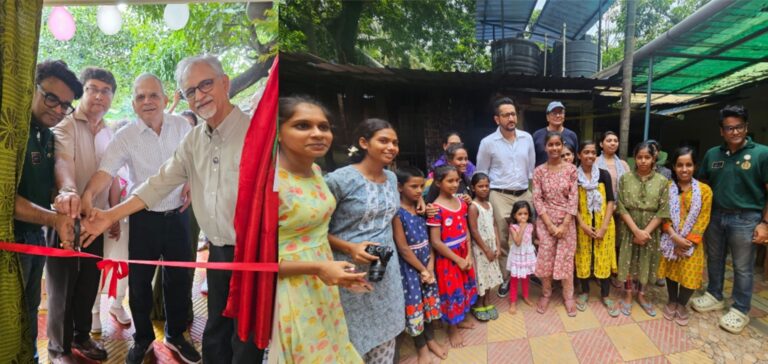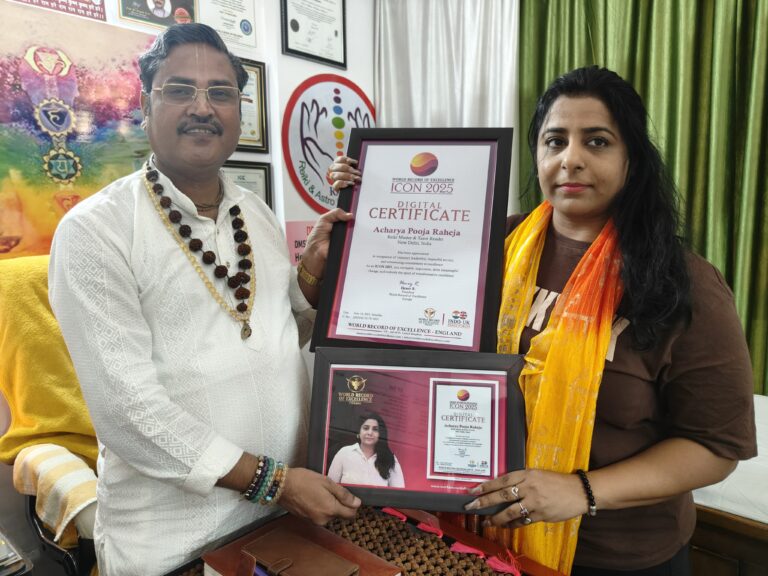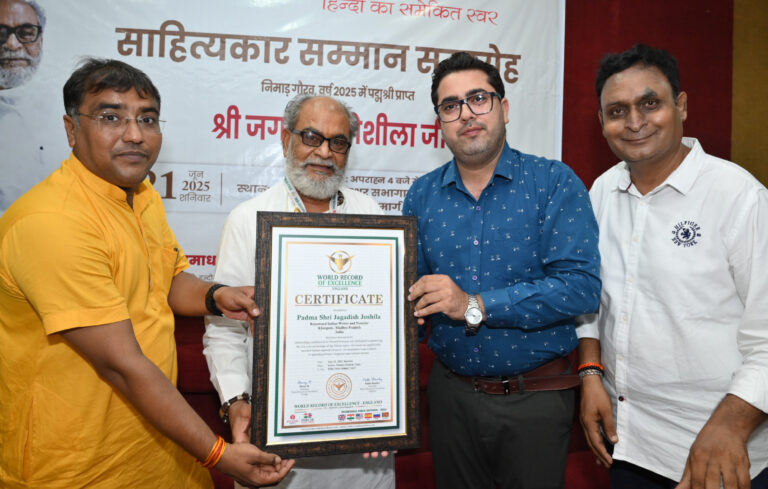
Forty-two percent of those surveyed said they would strongly support the federal government providing free post-secondary education to everyone in the U.S., and 27 percent said they would somewhat support it. Seventeen percent would strongly oppose such a move, and 11 percent would somewhat oppose it.
Among those who would support free post-secondary education, 57 percent would be willing to pay increased taxes to cover the cost, and 42 percent would not.
It seems support for classroom teachers is strong, because 92 percent of survey participants said they agreed more with the idea that “teachers cannot be replaced by robots because students need human interaction to learning,” versus the idea that “robots would be a good replacement for humans as teachers because they are cheaper, unbiased and efficient.” Just 6 percent of survey participants agreed with the latter idea.
Survey participants were split on the purpose of higher education. Forty-nine percent said higher education’s purpose is to teach people how to think, and 49 percent said its purpose is to prepare people for a specific job.
Support for online learning is growing, though it trails traditional campus programs–75 percent of those surveyed said there are benefits to traditional, on-campus learning beyond a degree, while 23 percent said online learning is just as good, if not better than, a traditional campus-based program.
Fifty-six percent of participants said in the future, most people will need a college degree to be successful in science and technology, while 42 percent said a person’s success in science and technology in the future will not be determined by having a college degree.
Nearly half of those surveyed (48 percent) said they believe computer science and engineering majors best prepare students for the workforce of the future, followed by social sciences (15 percent) and hard sciences such as biology or chemistry (14 percent).
Survey participants’ also rated the aspect of their post-high school education that has been the most valuable to their career:
- Learning a tangible skill or trade (23 percent)
- In class learning; classes that helped develop a broader understanding of the way the world works (22 percent)
- Professional network and connections (17 percent)
- In class learning; classes related to a specific degree (11 percent)
- Learning to live independently (10 percent)
- Personal relationships for friendships (6 percent)
The online poll was conducted from Aug. 7–9 of 3,350 adults across the country–including 631 millennials (ages 18 to 34)–randomly selected from those who take polls on SurveyMonkey’s platform. The responses are weighted for age, race, sex, education and geography using census data to reflect the demographic composition of the US. The modeled error estimate for this survey is plus or minus 3.0 percentage points. For more on SurveyMonkey’s methodology, click here.
